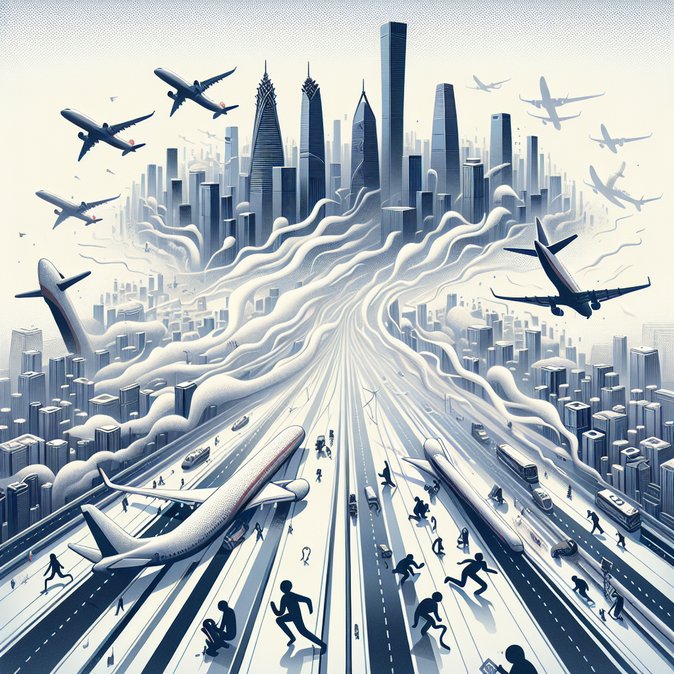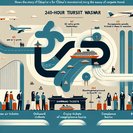
Travellers across China awoke on 26 November to an unwelcome notification blitz: 77 flights cancelled and 772 delayed at major hubs including Beijing Capital, Shanghai Pudong, Guangzhou, and Chengdu. The tally, compiled by Travel and Tour World from Civil Aviation Administration of China (CAAC) data trackers, forced thousands of passengers to rebook or sleep on terminal floors.
Air China logged 28 cancellations and 156 delays, while China Eastern and China Southern reported 179 and 133 delayed departures respectively. Shenzhen, Shandong and Hainan Airlines also featured on CAAC’s punctuality blacklist. Meteorologists blamed early-winter fog over the Yangtze River Delta, but analysts said lingering air-traffic-control flow restrictions and crew-scheduling gaps compounded the chaos.
![77 Cancellations, 772 Delays: China’s Airports Hit by Nationwide Disruptions]()
For corporate mobility teams, the ripple effects were immediate. Several multinationals told relocation consultants that project kick-off meetings in Suzhou and Chongqing were postponed after key engineers missed connections. Under China’s consumer-rights regulations, airlines must offer meals and overnight accommodation for delays exceeding four hours, yet many passengers reported support desks overwhelmed.
The CAAC will face mounting pressure to enforce punctuality targets it introduced in July. Industry insiders expect regulators to accelerate roll-out of Collaborative Decision Making (CDM) systems and to consider congestion pricing at peak slots—measures that could reduce delays but raise travel costs.
Practical tip: mobility managers should build at least a five-hour buffer before critical client appointments in the next fortnight and monitor CAAC bulletins for ad-hoc slot-restriction windows.
Air China logged 28 cancellations and 156 delays, while China Eastern and China Southern reported 179 and 133 delayed departures respectively. Shenzhen, Shandong and Hainan Airlines also featured on CAAC’s punctuality blacklist. Meteorologists blamed early-winter fog over the Yangtze River Delta, but analysts said lingering air-traffic-control flow restrictions and crew-scheduling gaps compounded the chaos.

For corporate mobility teams, the ripple effects were immediate. Several multinationals told relocation consultants that project kick-off meetings in Suzhou and Chongqing were postponed after key engineers missed connections. Under China’s consumer-rights regulations, airlines must offer meals and overnight accommodation for delays exceeding four hours, yet many passengers reported support desks overwhelmed.
The CAAC will face mounting pressure to enforce punctuality targets it introduced in July. Industry insiders expect regulators to accelerate roll-out of Collaborative Decision Making (CDM) systems and to consider congestion pricing at peak slots—measures that could reduce delays but raise travel costs.
Practical tip: mobility managers should build at least a five-hour buffer before critical client appointments in the next fortnight and monitor CAAC bulletins for ad-hoc slot-restriction windows.








